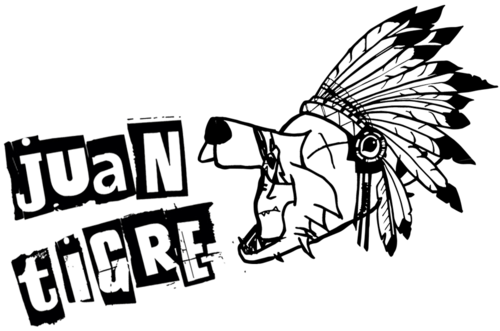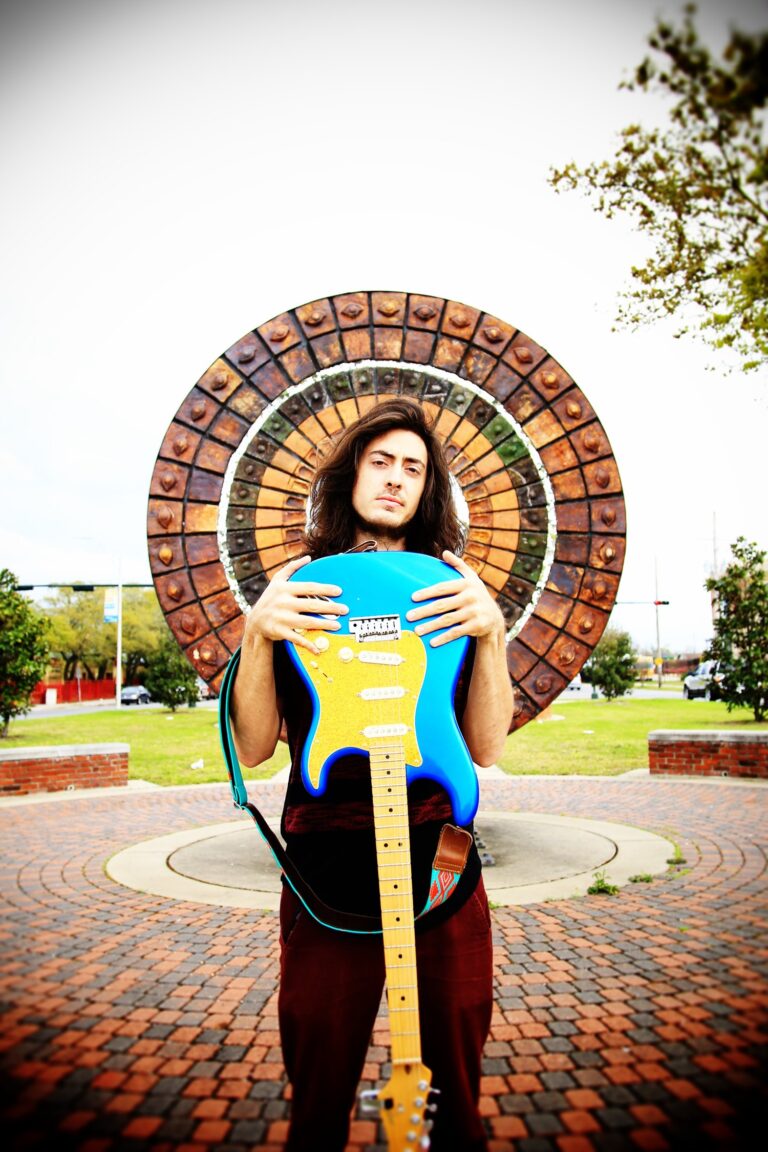Music Interview: Maestas’ Melting Pot
Talking Community, Heritage And Breakfast Burritos With Juan Tigre


Courtesy of Bubble Bath Records
Latest Article|September 3, 2020|Free
::Making Grown Men Cry Since 1992


Courtesy of Bubble Bath Records